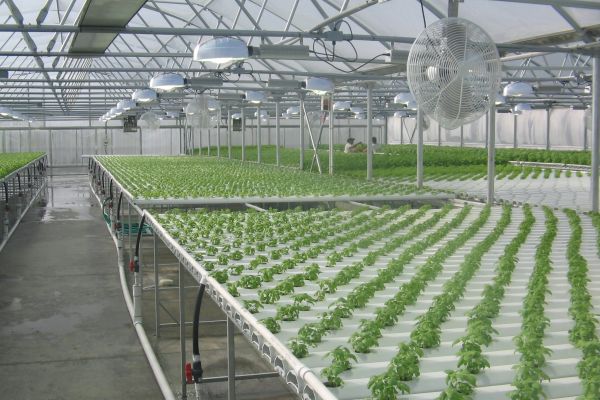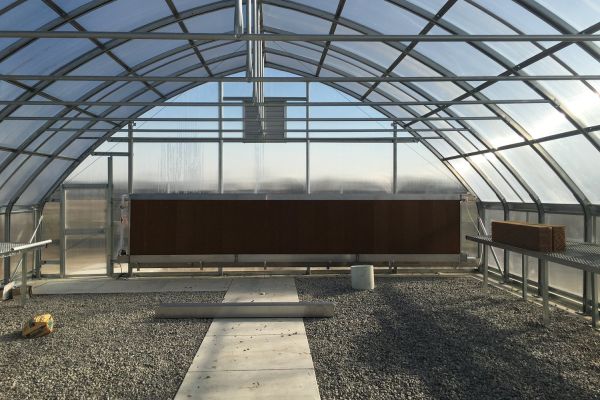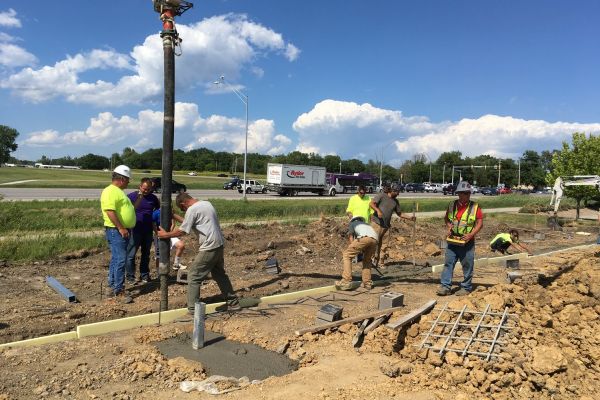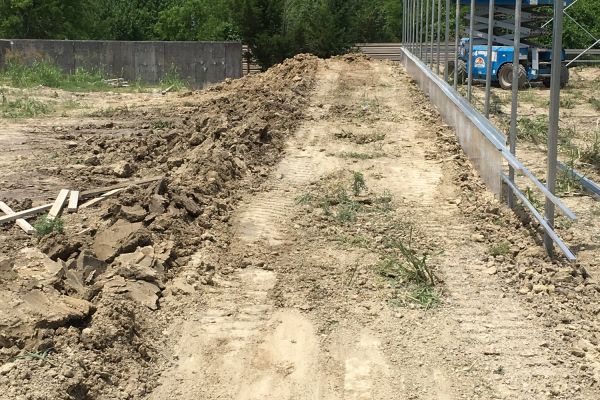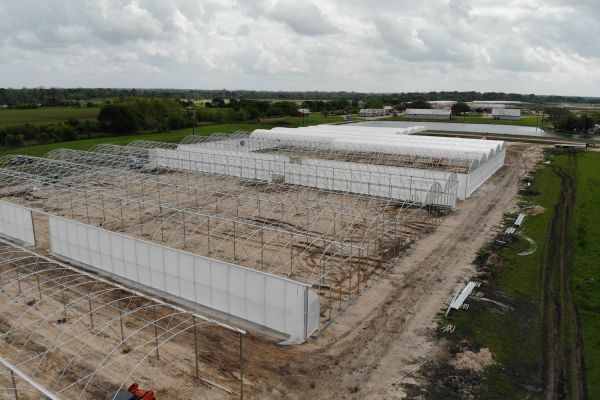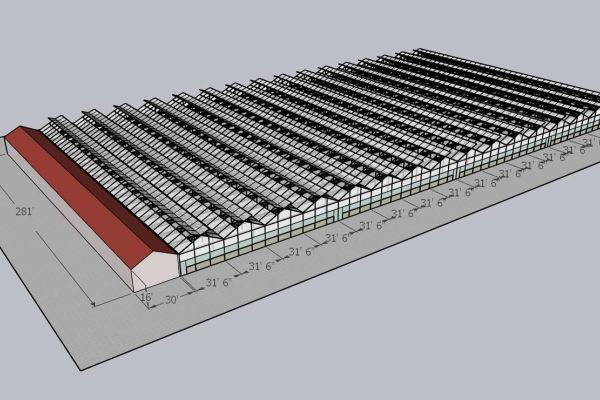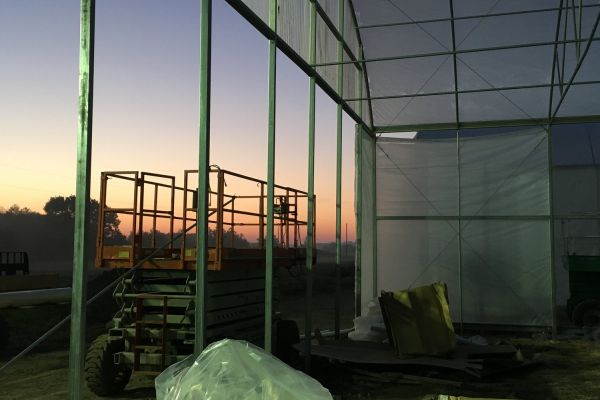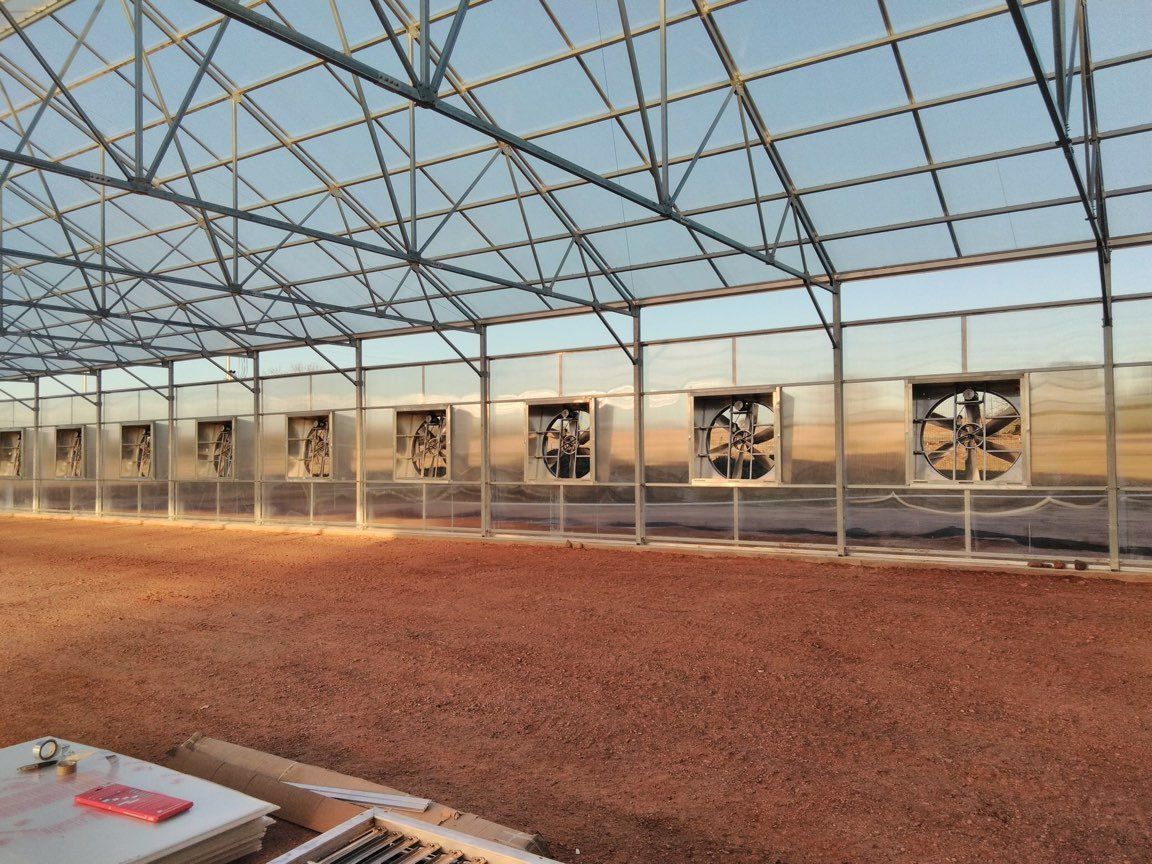
The Importance of Sustainability in Construction
Today, we delve into why sustainability is not just a buzzword but a crucial pillar of the modern construction industry. From reducing environmental impact to enhancing long-term value, sustainability is transforming how we build our cities and communities.
Understanding Sustainability in Construction
Sustainability in construction goes beyond simply using eco-friendly materials or energy-efficient technologies. It encompasses a holistic approach that considers the environmental, social, and economic impacts of every decision made throughout the project lifecycle.
Environmental Impact
Construction activities have significant environmental consequences, from resource depletion to pollution and habitat destruction. Embracing sustainable practices means minimizing these impacts by:
Using Recycled Materials: Incorporating recycled materials reduces demand for virgin resources and lowers carbon emissions associated with extraction and manufacturing.
Energy Efficiency: Designing buildings to optimize energy use through insulation, efficient HVAC systems, and renewable energy sources like solar or geothermal.
Water Conservation: Implementing water-efficient fixtures and systems to reduce consumption and minimize strain on local water supplies.
Social Responsibility
Sustainable construction also considers the social aspects of development, aiming to create spaces that promote well-being and inclusivity. This includes:
Safe and Healthy Environments: Ensuring buildings are constructed with materials that do not emit harmful substances and providing adequate ventilation and natural light.
Community Engagement: Involving local communities in the planning and design process to address their needs and aspirations.
Worker Safety and Fair Practices: Prioritizing worker safety on site and adhering to fair labor practices throughout the supply chain.
Economic Benefits
Contrary to the misconception that sustainability comes at a higher cost, it actually contributes to long-term economic benefits:
Lower Operating Costs: Energy-efficient buildings reduce utility expenses over time, resulting in savings for owners and tenants.
Increased Property Value: Sustainable buildings often command higher resale and rental values due to their lower operational costs and enhanced appeal.
Regulatory Compliance and Risk Mitigation: Adhering to sustainability standards and certifications can mitigate regulatory risks and future-proof investments against evolving environmental regulations.
Embracing Innovation and Collaboration
Advancing sustainability in construction requires innovation and collaboration across all stakeholders, including architects, engineers, developers, and policymakers. By fostering a culture of innovation and embracing emerging technologies, such as Building Information Modeling (BIM) and smart building solutions, the industry can achieve greater efficiencies and sustainability goals.
Most Popular Greenhouse Articles
